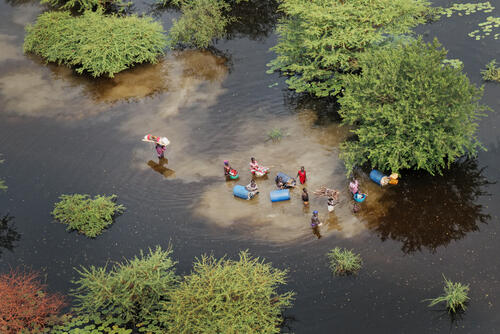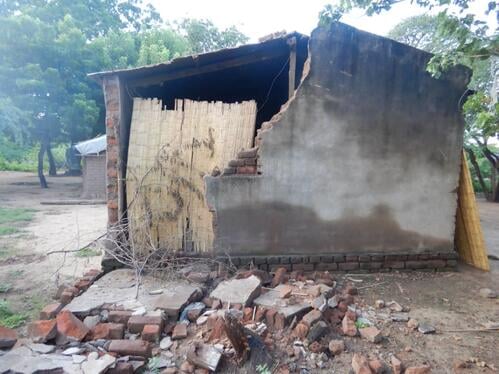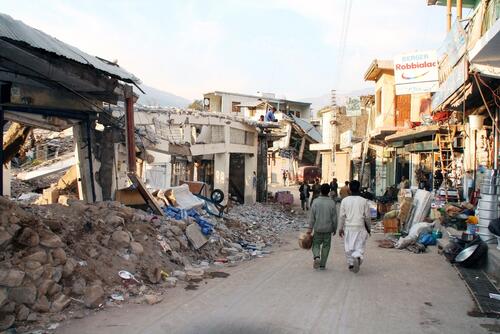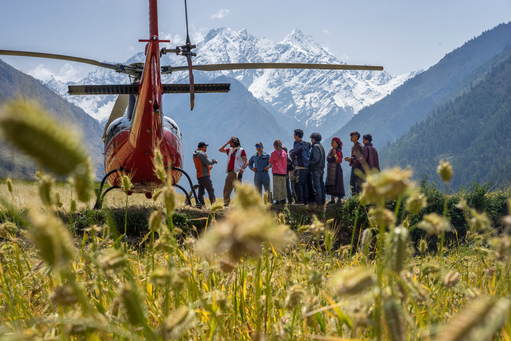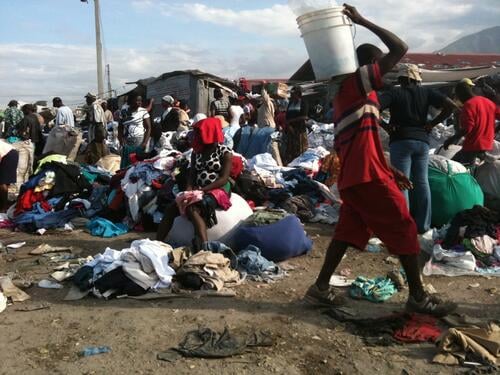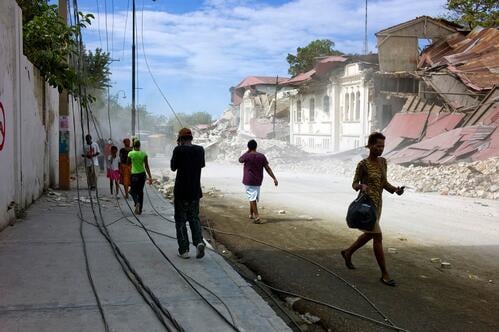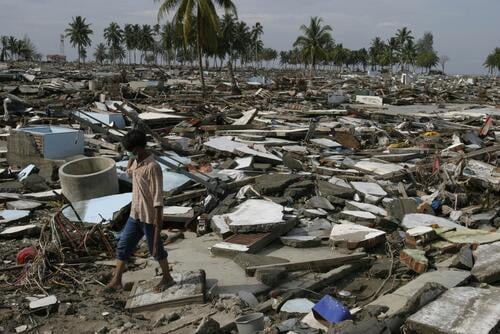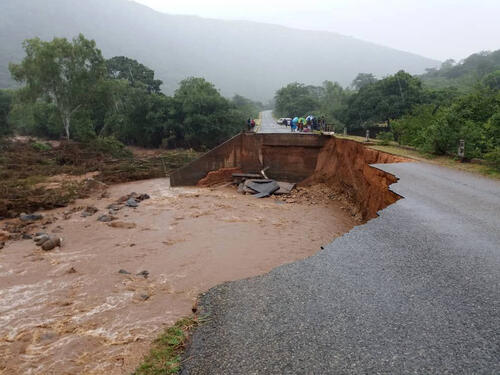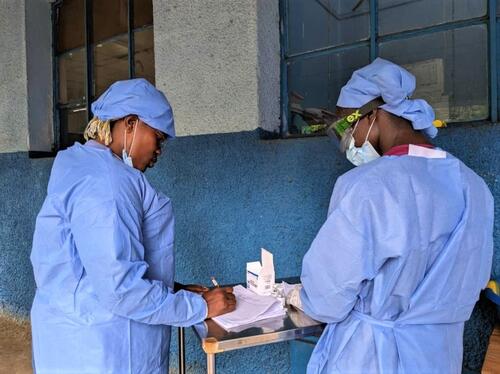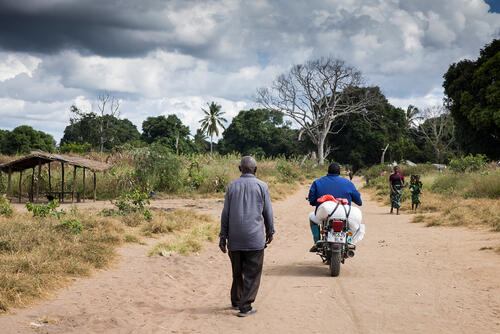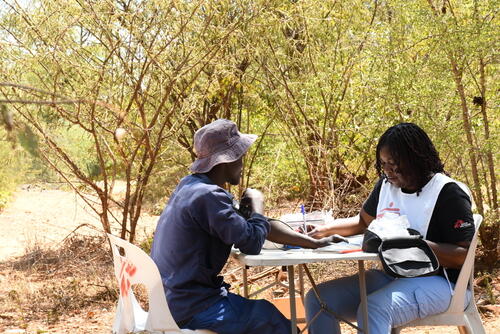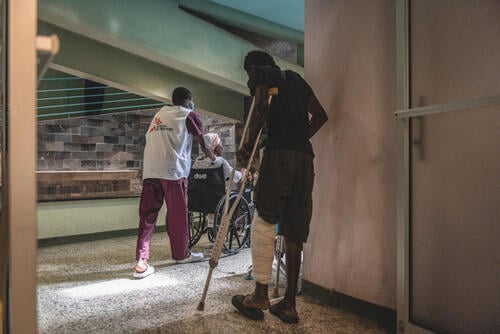Within a matter of minutes, natural hazards can affect the lives of tens of thousands of people. Hundreds or even thousands of people can be injured, homes and livelihoods destroyed. Access to clean water, healthcare services and transport can also be disrupted. The impact of each event varies greatly and our response must adapt to each situation.
Needs must be quickly identified, but accessing a disaster zone can be complex when roads are cut off. The first responders are people already on-site: community members, local authorities and aid organisations already present.
We keep pre-packaged kits to deploy for rapid relief and life-saving assistance. With projects in over 70 countries, we often have aid workers nearby when a disaster strikes. They can be reinforced with additional teams if a larger response is needed.
Featured

Physical symptoms of mental health issues on the rise in Haiti as medical scope expands

High surgical needs in Haiti remain as wider range of mental trauma begins to surface
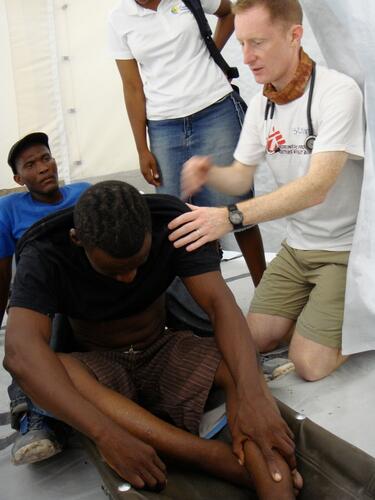
Tented and inflatable facilities bring peace of mind to surgery patients in Haiti

Mobile clinics catch routine and unique injuries that are on the rise in Haiti after the earthquake

Surgery in Haiti remains the focus but mobile clinics and clean water expand MSF scope




